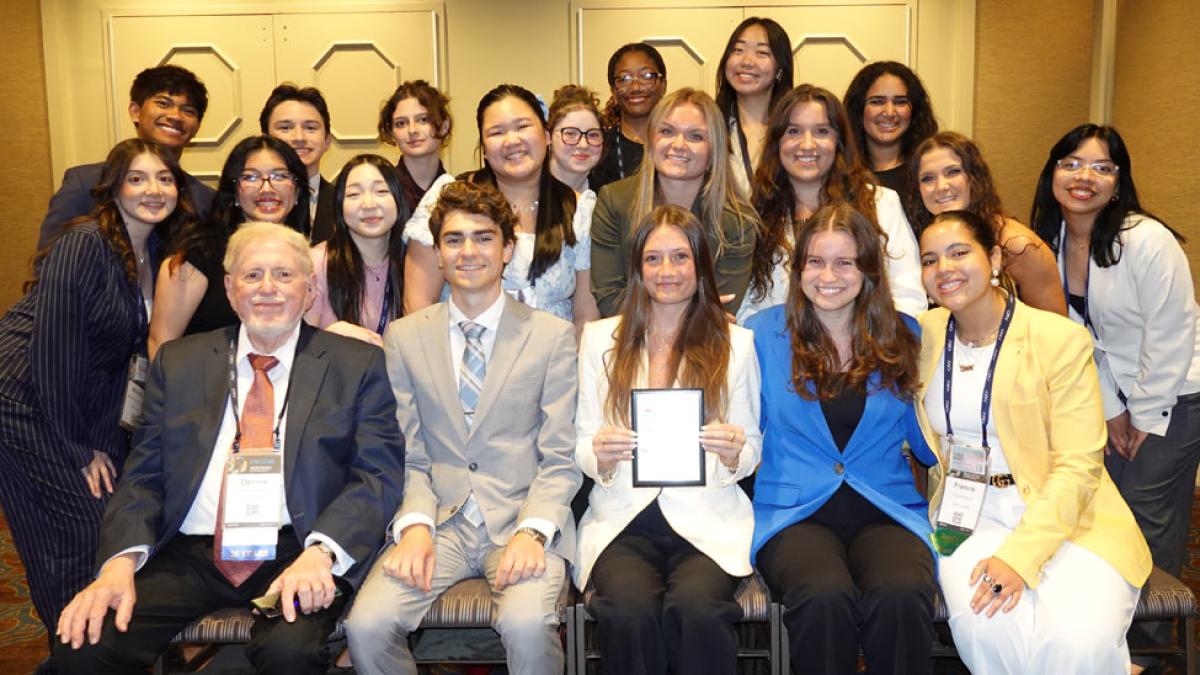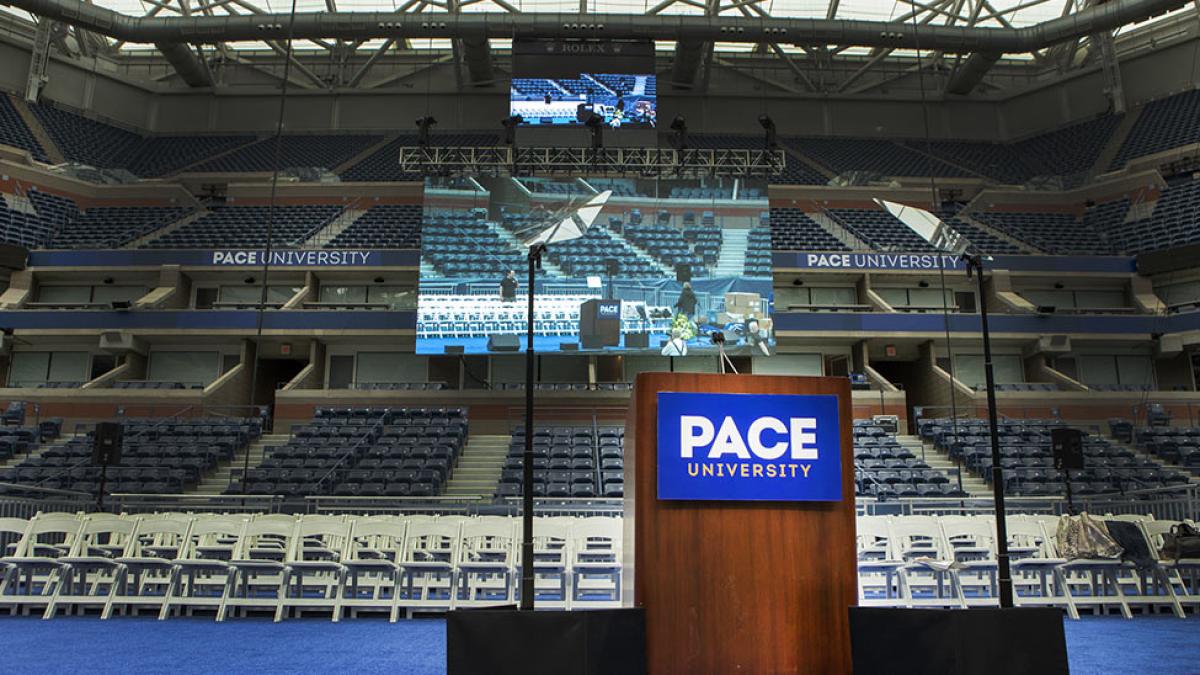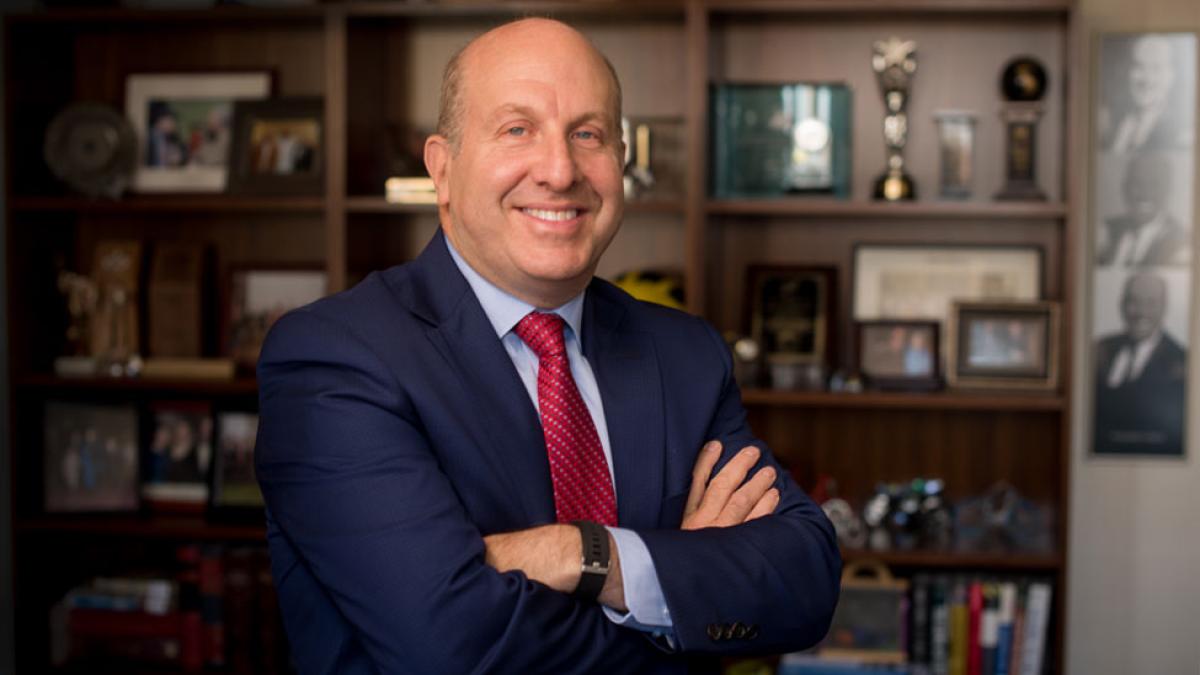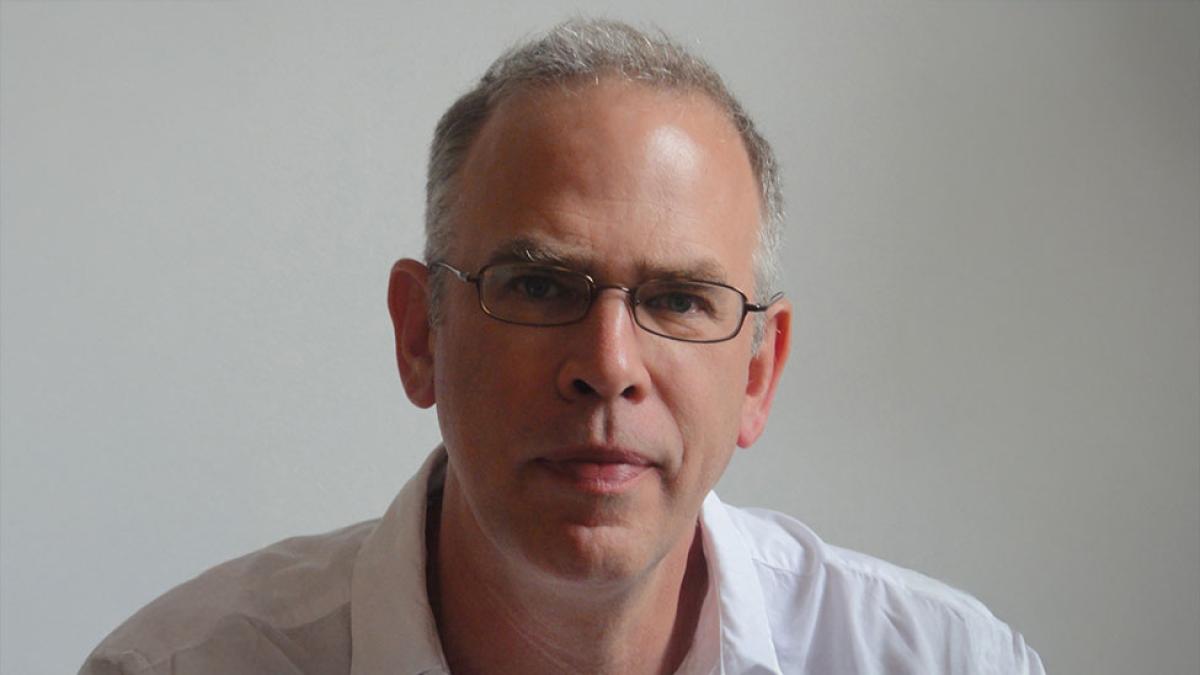Pace Now
Pace Now
-
Announcements and StatementsApril 2, 2025
-
-
Pace News
Latest News
Bruce Bachenheimer, clinical professor of management at Pace University, told WalletHub that, "Simply cutting some red tape and offering certain tax incentives is not enough. Without the right mix of government incentives and business opportunities, it is a bit like building a stool with a missing leg. Each state must work hard to recognize its unique strengths and weaknesses, and then carefully construct policies that genuinely benefit a new business."
Haub Law Professor Elyse Diamond was featured speaking about the opening of the Legal Hand Call-In Center.
“According to this Thinx settlement, Thinx said they'd help ensure PFAS is not ‘intentionally added,’ which is different from saying a product doesn't have PFAS,” Bridget Crawford, professor of law at Pace University and author of Menstruation Matters: Challenging the Law’s Silence on Periods, told me. “This settlement and current laws don’t require menstrual product manufacturers to reveal all chemicals in their products or to affirmatively demonstrate product safety, such as thorough product testing for toxic chemicals."
Haub Law Professor Bennett Gershman pens an op-ed in New York Law Journal about the changes needed in the Prosecutor Conduct Commission.
John Bandler is an adjunct professor at Elisabeth Haub School of Law at Pace University who teaches about law as it intersects with cybercrime:
What is a cybersecurity framework?
A cybersecurity framework is basically voluntary guidance for organizations, to help them manage their cybersecurity program and measures. It is a “best practice”.
There are many cybersecurity frameworks, from different organizations, with different layout, focus, and language. The organizations developing them may have different business models.
Haub Law Professor Randolph McLaughlin provides insights and perspectives about police culture and the killing of Tyre Nichols.
An ethics opinion by Bennett L. Gershman, a Pace University law professor and former Manhattan prosecutor, accompanied the letter and said “it is plausible that the Chief Justice’s spouse may have leveraged the ‘prestige of the judicial office’” to “raise their household income.” He added that those concerns, coupled with what he described as the chief justice’s lack of disclosure of potential conflicts, “threaten the public’s trust in the federal judiciary, and the Supreme Court itself.”
In an analysis filed along with the complaint, Pace University law professor Bennett Gershman writes that “it is plausible that the Chief Justice’s spouse may have leveraged the ‘prestige of judicial office’ to meaningfully raise their household income.” “That concern, together with the failure of the Chief Justice to recuse himself in cases where his spouse received compensation from law firms arguing cases before the Court, or at least advise the parties of his spouse’s financial arrangements with law firms arguing before the Court, threaten the public’s trust in the federal judiciary, and the Supreme Court itself,” Gershman wrote.
Pace University student Jonathan Becker, a skateboarder, is quoted in a New York Times story about a movement to revitalize and reopen Brooklyn Banks under the Brooklyn Bridge.
Jonathan Becker, 22, a student at Pace University who used to look over the Brooklyn Banks from his freshman dorm room, was not ready to give up. “We just hoped that it could lead somewhere, but we didn’t know that it would take off,” Mr. Becker said. “It’s one of those spots within the skateboarding community that really has a lot of deep-rooted history.”
Haub Law Professor Randolph McLaughlin provides insights and perspectives about police culture and the killing of Tyre Nichols.
"What's most shocking about it all is the brutality and then at the end, the complete dehumanization of this man. He's not even human to them -- he's not even a person," Randolph McLaughlin, professor at the Elisabeth Haub School of Law and co-chair of the Newman Ferrara civil rights practice, told The Guardian.







